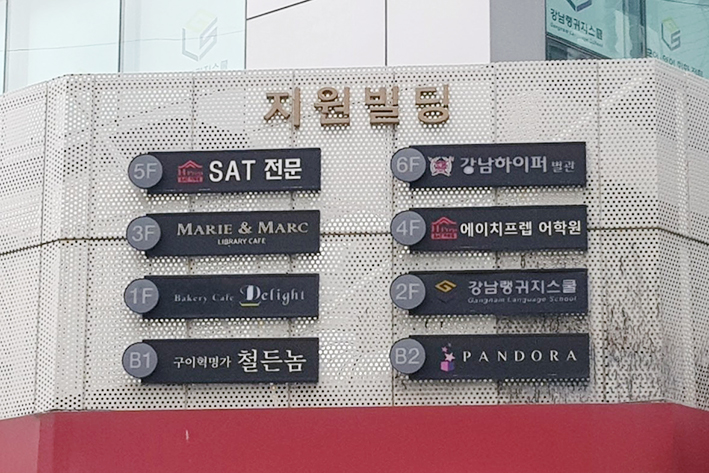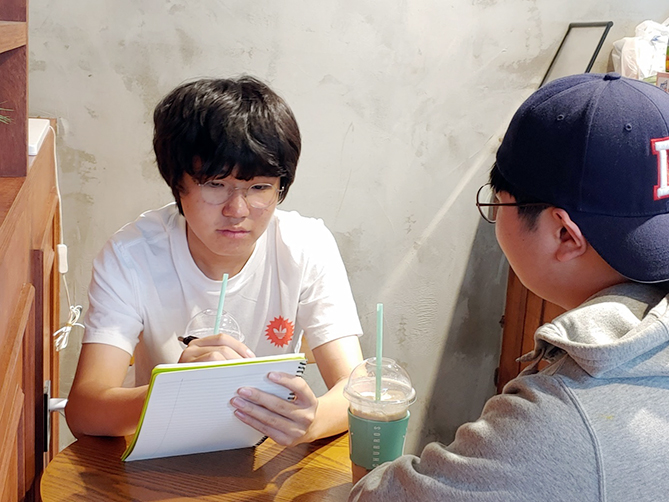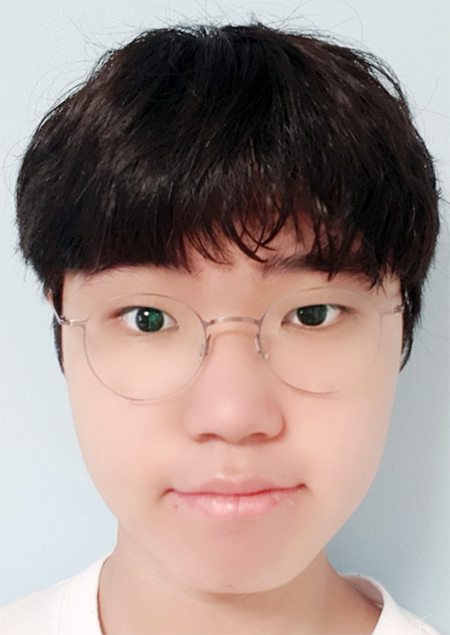“Hagwon” is a Korean word to describe institutes where students go to in order to gain a competitive edge academically. Students usually go to hagwons—infamously known as “cram schools”—after school, on weekends, and even during school holidays. There are thousands of such hagwons in Korea, some catering to students who wish to study in Korean colleges and others to students who wish to study abroad.

The second type, aka foreign-curriculum hagwons, operates on a “need basis,” meaning that they accommodate the needs of individual students. For instance, if a student wants to study business in college, the hagwon would customize the student’s curriculum to help him or her study for the related subject tests to maximize the chances of getting into a business school.
The question is what the students themselves think about hagwons. Eric Shin, a 10th grade international school student in Seoul, has been to both types of hagwons. He had studied at five different hagwons while he was in elementary school. He studied math, science, and Korean there. When he transferred to an international school in 8th grade, he “felt the need to get help from a foreign-curriculum hagwon.” There, he studied SAT, SAT essay writing, and general Englishwriting all at once.

When asked whether he had noticed any differences in the two types of hagwons, he replied, “Korean hagwons and foreign-curriculum hagwons essentially have the same objective of enhancing our grades.” At Korean hagwons, he studied subjects that were directly linked to his school curriculum. After taking a level test upon registration, he was placed in a classroom with other students who were tested to be at a similar level. At the foreign-curriculum hagwon, on the other hand, instead of taking a level test, he was asked about which college he was hoping to attend and what he wished to study in college. Since he wished to study computer science in college, preferably in the U.S., he was told to study for the AP Computer Science and to enter some math-related competitions. He felt that the foreign-curriculum hagwon seemed “more one-on-one basis” because “different students take different courses since not everyone pursues the same path.” He explained further that some students take classes on Skype if they are not able to come to the hagwon.
I asked him if he would recommend other students to go to foreign-curriculum hagwons and he readily replied that he would, “but only if the students themselves feel the necessity to do so.” When asked if he felt that going to a foreign-curriculum hagwon helped him academically, he explained that his reading and writing skills had improved and that he had started studying for AP Computer Science at his school as recommended. It had helped him “stress less doing school work,” so he felt that he had benefited from studying at the foreign-curriculum hagwon.
True, some complain that foreign-curriculum hagwons cost too much and that students should strive to gain knowledge on their own.It is, however, difficult to discount the advantages of studying at such hagwons because they provide just the academic instructions and strategy to help students who wish to study abroad.

Sewon Han
Sophomore
Shepherd International Education

